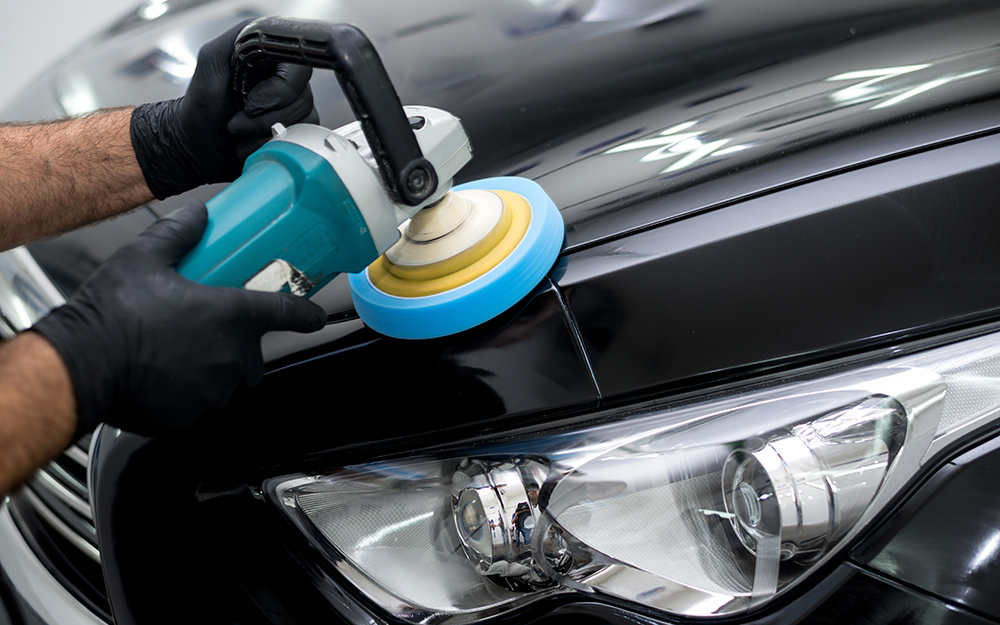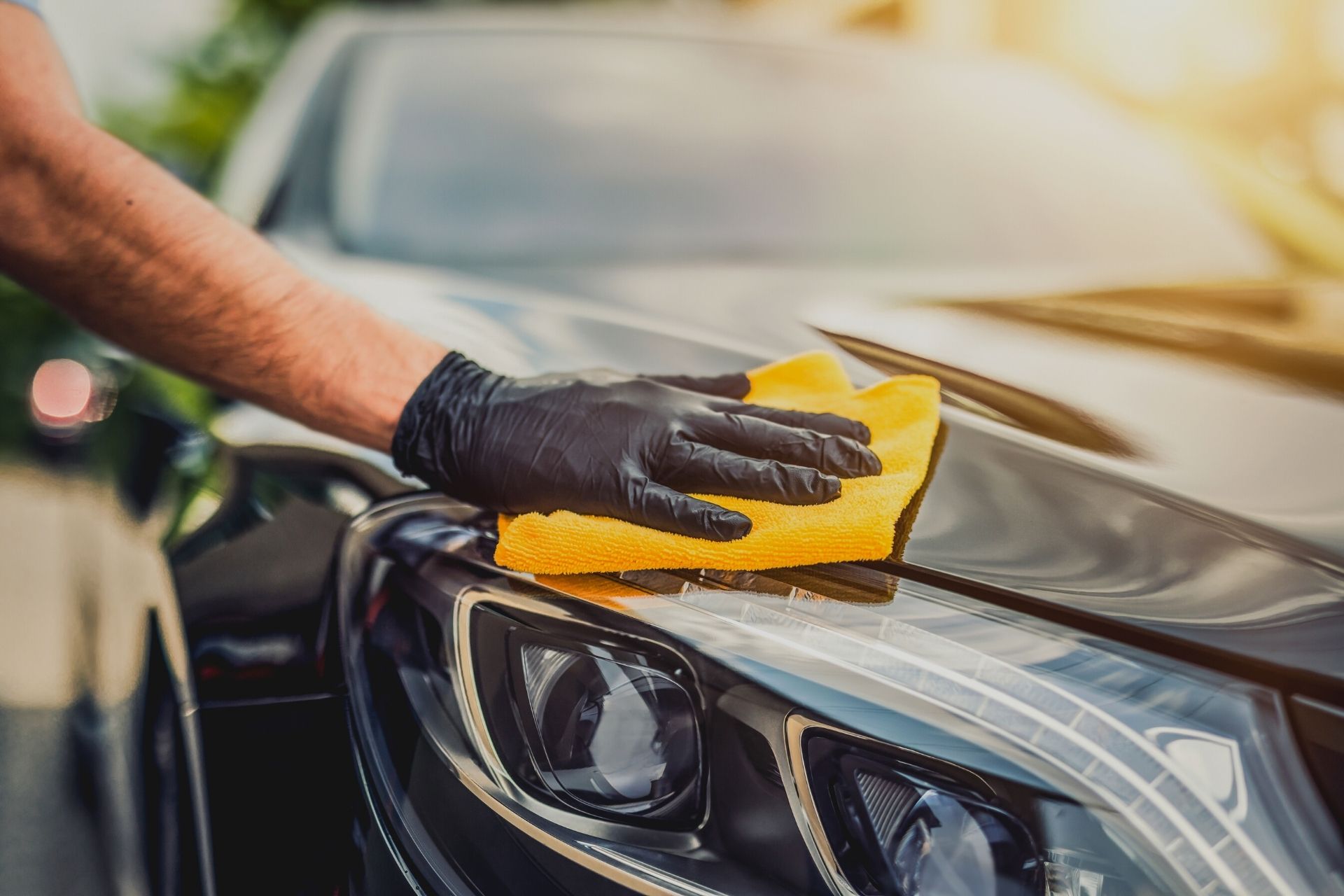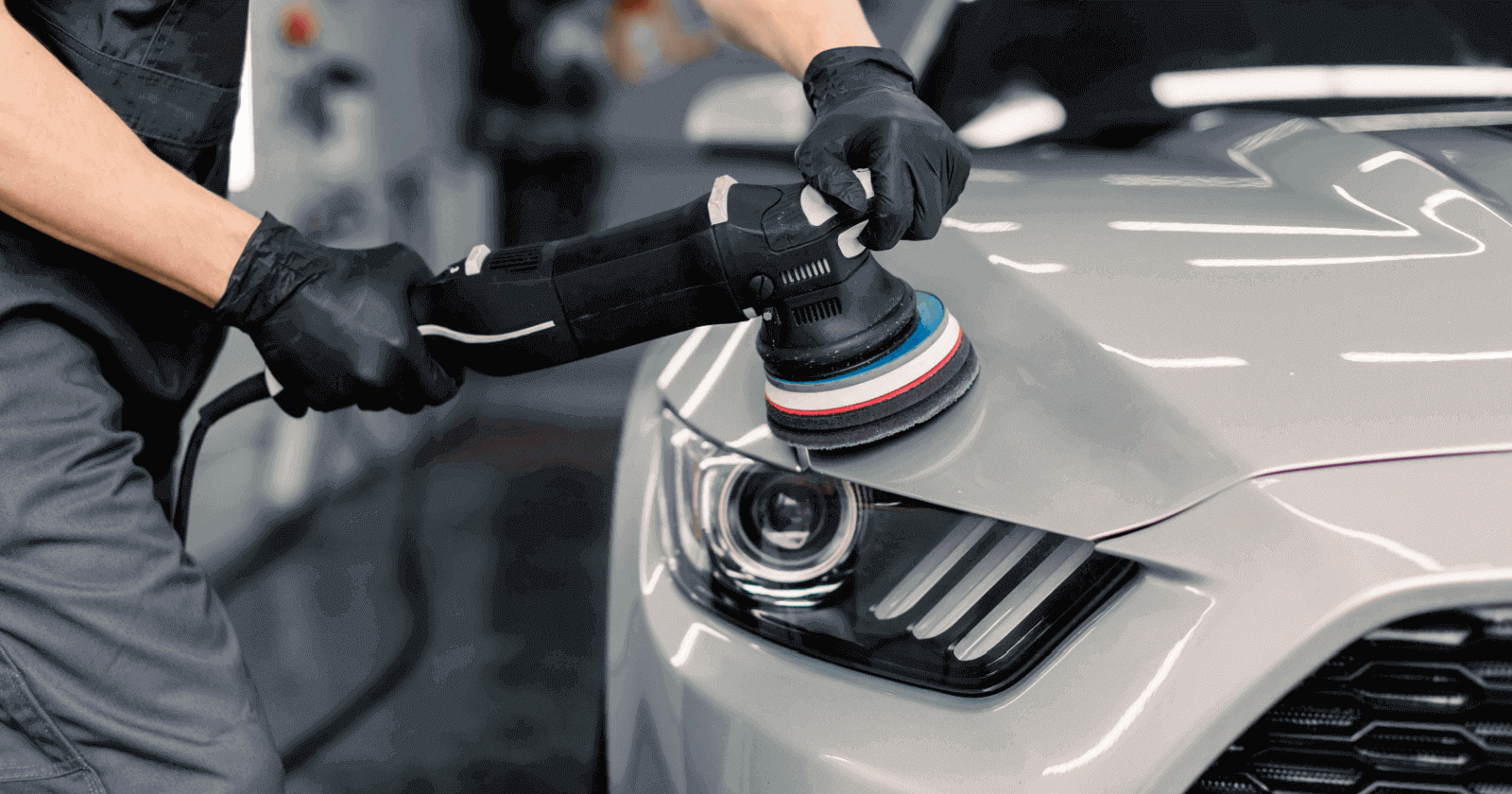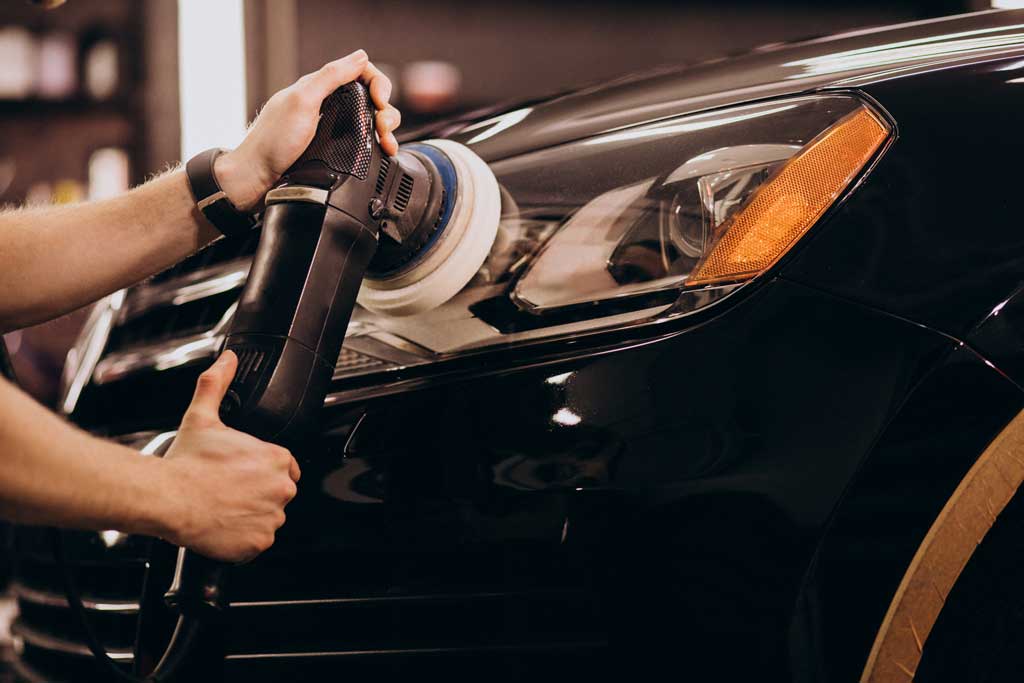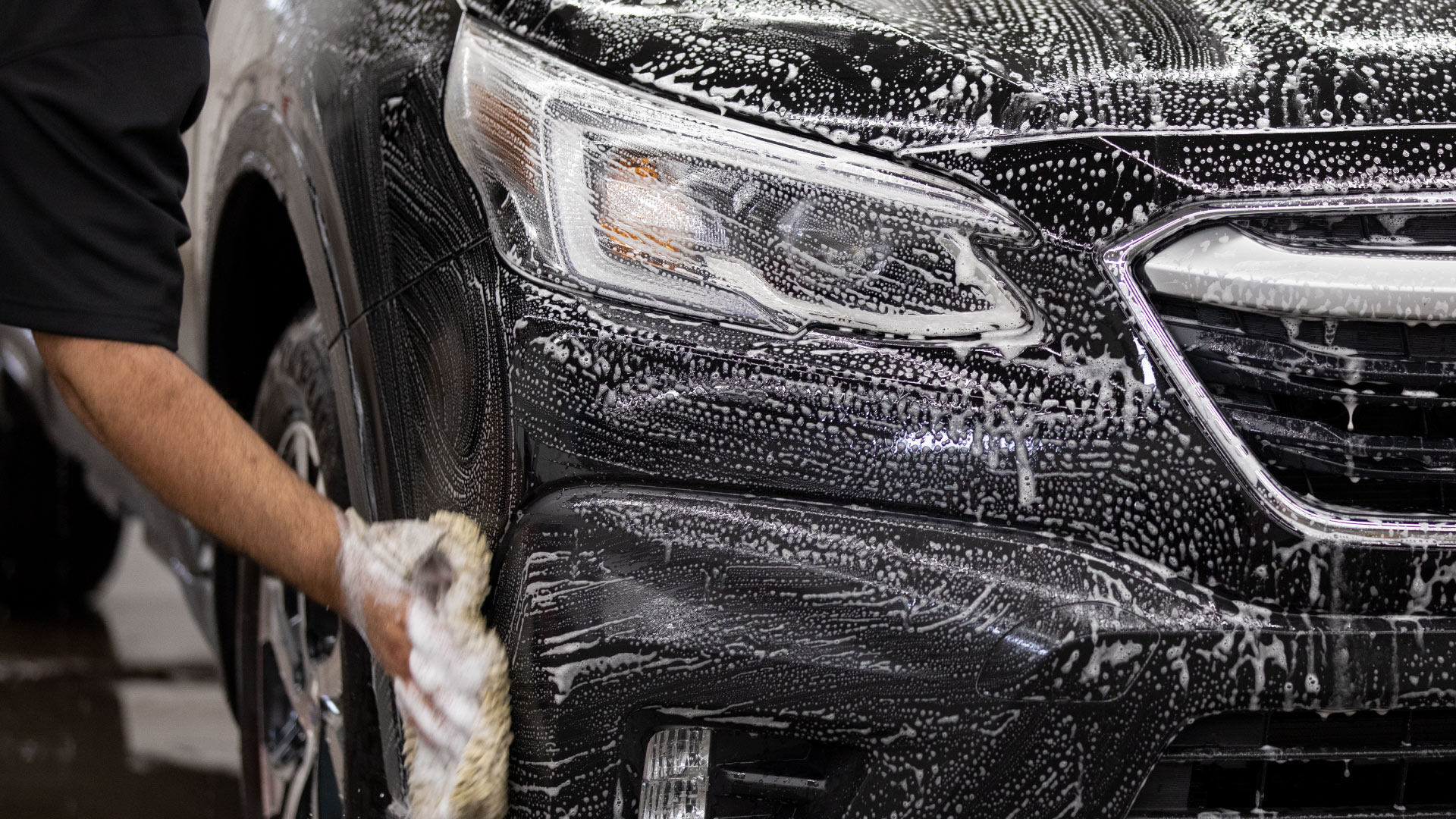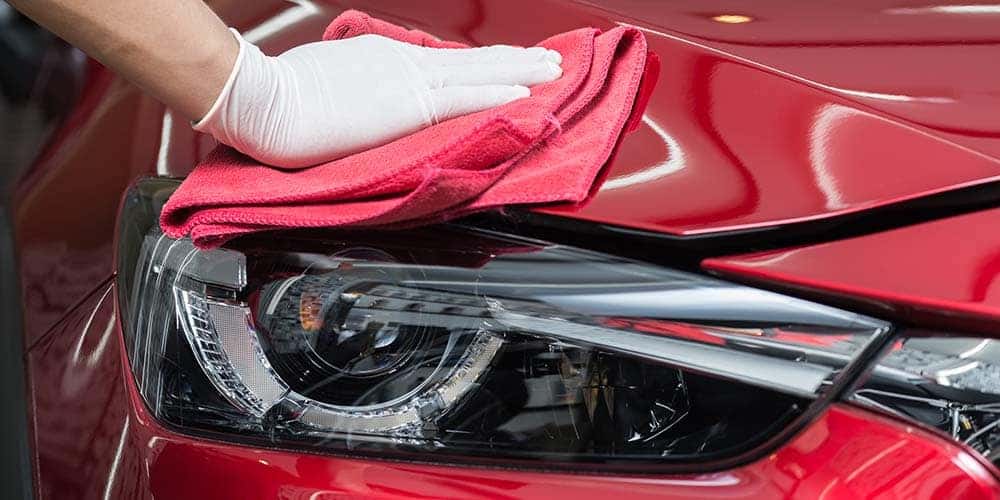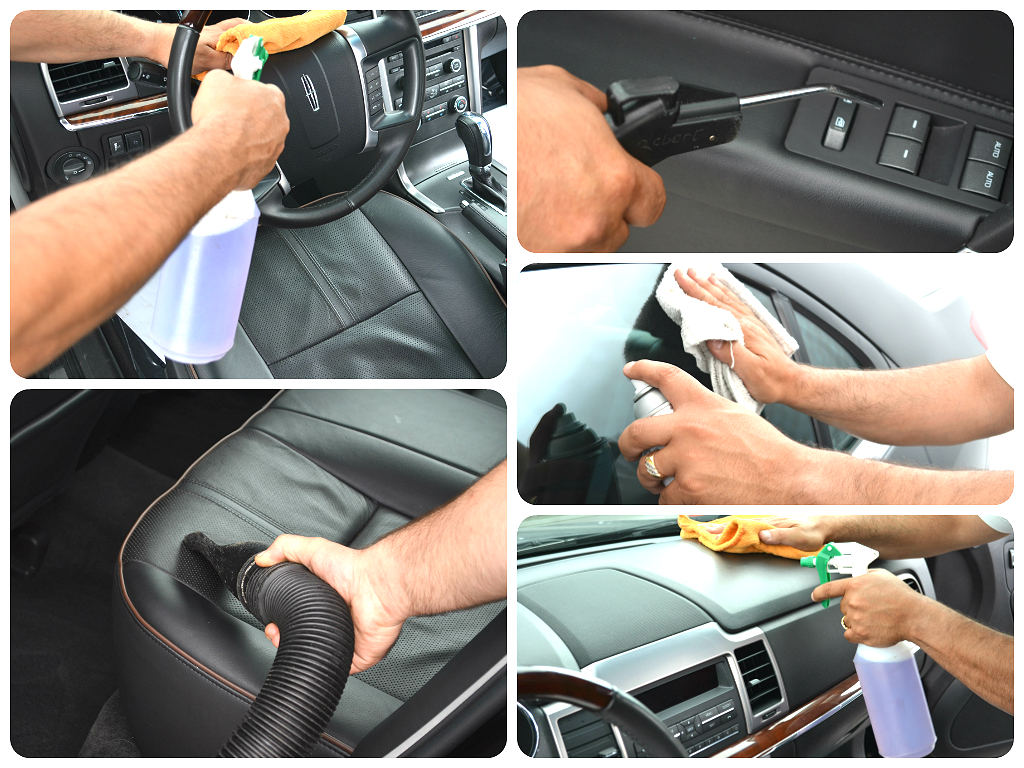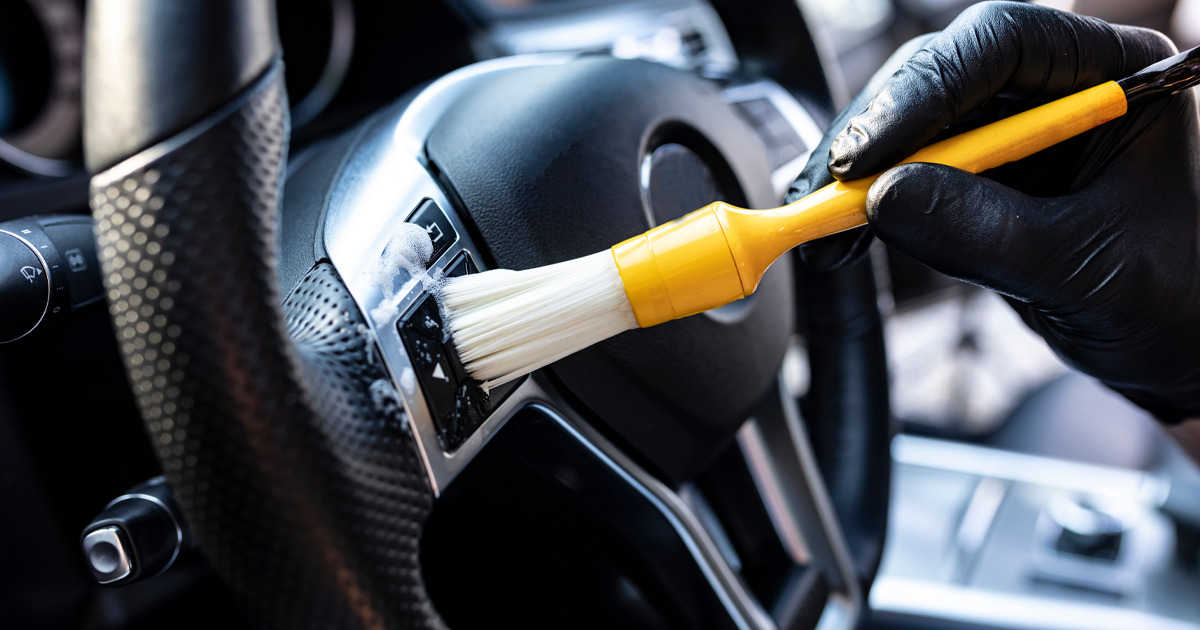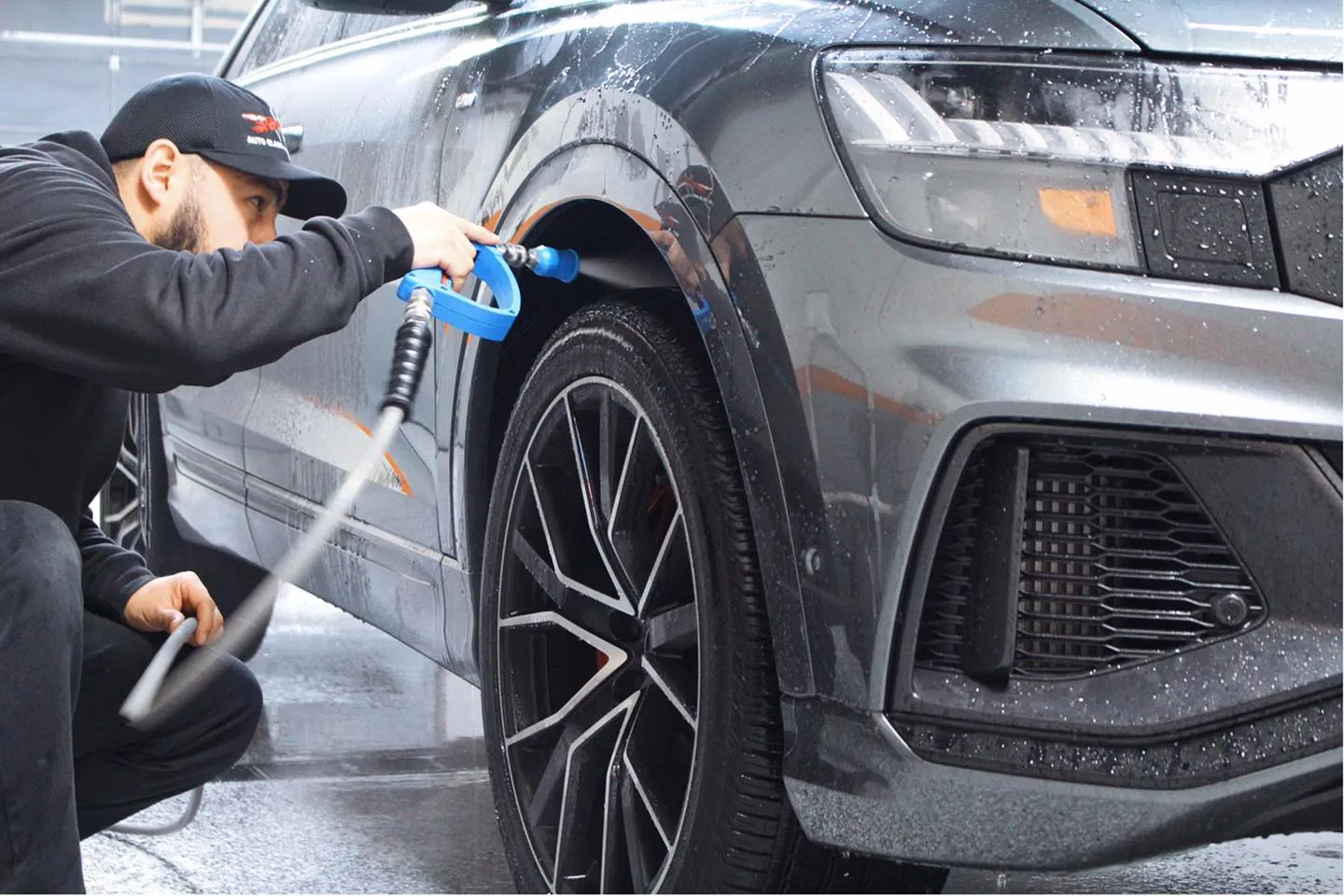How To Get Into Car Detailing
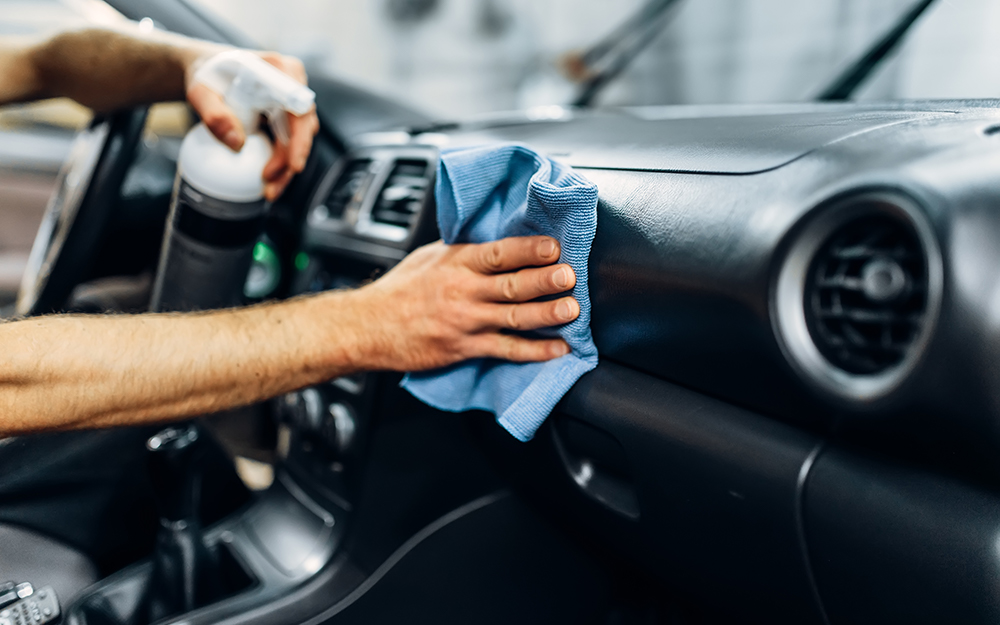
The gleaming finish of a professionally detailed car often sparks envy, but achieving that showroom shine is more attainable than many realize. A career in car detailing offers flexibility, the satisfaction of transforming vehicles, and the potential for significant earnings. This article explores the pathways to entering this increasingly popular field.
Car detailing is a meticulous process of cleaning, restoring, and protecting a vehicle's surfaces, both inside and out. It differs from a basic car wash by involving specialized tools, products, and techniques to address imperfections and maintain a car's appearance and value. Becoming a successful detailer requires a combination of knowledge, skill, and dedication.
Understanding the Industry
The automotive detailing industry is experiencing steady growth, fueled by a desire for well-maintained vehicles and an increasing awareness of the benefits of detailing. Market research indicates a consistent demand for detailing services, with both individual car owners and dealerships contributing to the customer base. This presents ample opportunities for aspiring detailers.
Essential Skills and Knowledge
A solid understanding of different paint types, cleaning products, and detailing techniques is paramount. Knowledge of interior cleaning methods, including stain removal and leather conditioning, is also crucial. Familiarity with detailing tools, such as polishers, buffers, and steam cleaners, is essential for efficient and effective work.
"Hands-on experience is invaluable in this field," says Maria Rodriguez, owner of Rodriguez Auto Detailing. She emphasizes that practical application reinforces theoretical knowledge. It is also good to understand different kinds of waxes.
Formal Training Options
While formal education isn't always required, various training programs and certifications can significantly enhance credibility and expertise. These programs often cover topics such as paint correction, ceramic coating application, and interior detailing techniques. IMI (Institute of the Motor Industry) offers internationally recognized qualifications relevant to the automotive sector, including detailing.
Attending a certified training program helps individuals learn the best practices. It provides a structured learning environment. It ensures a comprehensive understanding of detailing principles.
Gaining Practical Experience
Hands-on experience is arguably the most critical aspect of becoming a skilled detailer. Starting with personal vehicles or offering services to friends and family provides a low-pressure environment to hone skills. Volunteering at a local detailing shop or car dealership can offer valuable real-world experience and mentorship opportunities.
"I started by detailing my own car," recounts David Lee, a mobile detailing entrepreneur. "Then, I moved on to family cars and eventually started charging neighbors for my services." He adds that this gradual progression built his confidence and expertise.
Building a Business
Many detailers aspire to start their own businesses, either as a mobile operation or a brick-and-mortar shop. A well-defined business plan is essential for success, outlining target market, pricing strategy, and marketing efforts. Investing in quality equipment and supplies is crucial for delivering professional-grade results.
Marketing and customer service are also vital for attracting and retaining clients. Online presence, including a website and social media profiles, can significantly expand reach.
"Word-of-mouth referrals are still incredibly powerful in this industry," says Rodriguez.
Essential Equipment
A detailer's toolkit typically includes a variety of brushes, microfiber towels, cleaning solutions, and polishing compounds. A high-quality pressure washer, vacuum cleaner, and steam cleaner are essential for thorough cleaning. Investing in a paint thickness gauge and a dual-action polisher is crucial for paint correction and achieving a flawless finish.
Consider getting equipment from reputable brands. Do not hesitate to compare the prices.
Safety Considerations
Working with chemicals and power tools requires strict adherence to safety protocols. Wearing appropriate personal protective equipment (PPE), such as gloves, eye protection, and respirators, is essential. Proper ventilation is crucial when working with chemicals to avoid inhaling harmful fumes. It is also good to learn about OSHA regulations.
Always read and follow the manufacturer's instructions for all products and equipment. Implement safe waste disposal methods to minimize environmental impact.
Continuing Education
The car detailing industry is constantly evolving, with new products and techniques emerging regularly. Staying up-to-date through continuing education is essential for maintaining a competitive edge. Attending industry trade shows, workshops, and online forums can provide valuable insights and networking opportunities.
Subscribing to detailing magazines and following industry experts on social media can keep detailers informed about the latest trends and innovations. Consider joining professional organizations for networking opportunities.
Ethical Considerations
Maintaining ethical business practices is crucial for building trust and a positive reputation. Providing honest assessments of a vehicle's condition and recommending only necessary services is essential. Transparency in pricing and communication is key to fostering strong customer relationships. Detailers must uphold the highest standards of integrity.
By acquiring the necessary skills, gaining practical experience, and embracing a commitment to excellence, aspiring detailers can carve out a successful and rewarding career in this dynamic industry. It requires a blend of artistic vision and technical proficiency.
